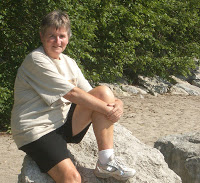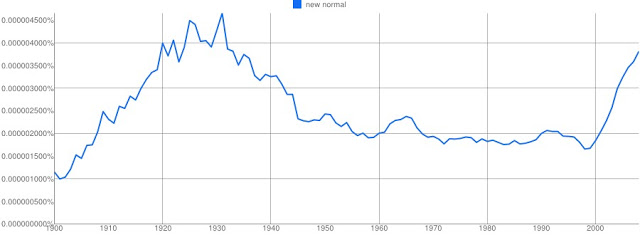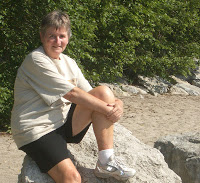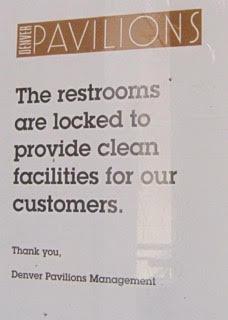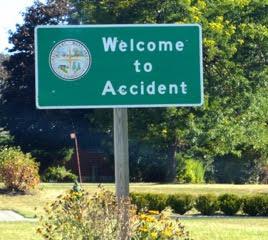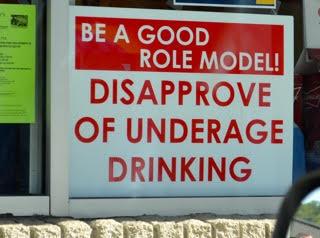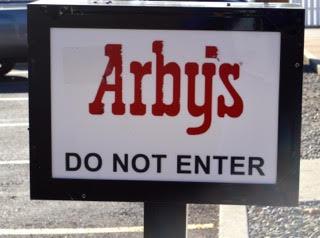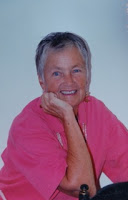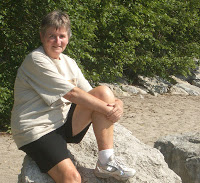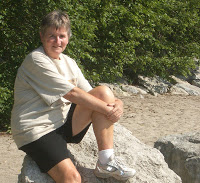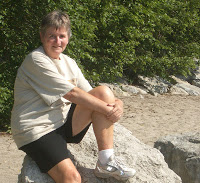England there were still a few work horses left, plodding ahead of plows or
hauling overloaded carts. I suppose their existence was extended a few years by
the World War Two gas shortages, but before long they and their peaceful quiet days
were supplanted by dirty, noisy, tractors.
beasts, or at least their shoes, remained with us in Britain for much of the
last century. Many houses had a horseshoe nailed as a U above the front door.
It had to be that way up as it captured and contained good luck. If it came
loose and slipped sideways, or still worse upside down, it had to be righted
immediately because all the good luck was fast draining from it. For many
decades, horseshoes and pubs was apparently a mandatory pairing. I don’t
remember ever being in a pub in my younger days – and, yes, I was in quite a
few, – that did not have the obligatory horseshoes and other horse brasses
arrayed in gleaming splendor around the fireplace, above the bar, or nailed to
smoke-blackened overhead beams. Pubs in those days were relatively quiet places
intended for serious drinking, with nothing noisier than low conversations and
perhaps an occasional outburst of song. Entertainment was in the form of darts,
checkers, or dominoes, none of which create a huge clamor. They didn’t serve
food, except for so-called ‘bar snacks’ such as pickled eggs and pork crackling
so there was no endless clatter from a busy kitchen.
began to change, ramping up the noise level with juke boxes, then pinball
machines, and slot machines for minor gambling. By the 70’s many had gone from
bar snacks to full meals, generally increasing the hustle and bustle. By the
80’s, and certainly the 90’s, pubs were having to compete with the upscale chic
little wine bars that were appearing everywhere and making the old-style pub
seem dark and dingy by comparison. In many, as central heating became
commonplace, the old fireplace disappeared; and along with it, the horse
brasses. Over the same period, people became more sophisticated and less
traditional and out went many old superstitions. And along with them, out went the lucky
horseshoes. You might still see an occasional one in a remote country village
but you’d have to search.
thirty-year career with IBM in Boulder, there were horseshoe pits behind one of
the buildings, and most of the daylight hours’ groups on break or at lunchtime
would be out there tossing horseshoes at the stakes in the ground. Horseshoes
has always been, apparently, something of a blue collar game. The pits were,
I’m sure not accidentally, placed behind a manufacturing building not one that
housed office workers. Occasionally men with loosened ties and rolled up shirt
sleeves were spotted out there, but for the most part it was enjoyed by people
in jeans and t-shirts.
manufacturing disappeared there, as it did from most of in this country, being
shipped off to that unidentified never-never land called Offshore. Along with
it went the horseshoe pits and the horseshoes. Oh, it was all probably replaced
by a wonderfully-equipped exercise room with showers and steam room, free to
all employees. But I’d be willing to bet few have the fun there that we had
with those old horseshoes.
have suffered much the same fate as lucky horseshoes on cottage doors.
some in Podunk, Iowa, the American equivalent of that remote country village in
Britain, but for the most part people prefer to partake in less staid, and much
more expensive, activities these days. If, that is, they don’t just settle for
computer games.
dating back to seventeen-something-or-other or whenever, has been gutted and
completely remodeled. A huge-screen TV dominates the wall where the fireplace
once stood, surrounded by horse paraphernalia. The place is so crowded these
days that you know, the minute you enter, that you will never find anywhere to
sit. If you tried to have a conversation you couldn’t hear a word that was
said; people our age certainly couldn’t, anyway. All the earlier noise-making
machines are still there, but now there’s the blaring television and dozens of
shouting people as well. Most of those who did manage to snag a seat are
ignoring their companions and giving full attention, barring an occasional
quick glance at the TV to check on the status of Real Madrid versus Manchester
United, to their various electronic devices. Oh well, at least they are
contributing little to the unrelieved cacophony.
almost silent, snug, with its shining horse brasses reflecting the flames of
the big fire, brings tears to my eyes. Yes, I know what you’re thinking. But
Grandma, things are really so much better in so many ways than they were back
then. And I know you’re probably right. But today, just for today, I don’t
want to look at the past objectively, weighing the good against the bad and
finding it wanting. I just want to remember those horseshoe days as good. And
cry because they’re gone.
the Author
was born and raised in England. After graduation from college there, I moved to
the U.S. and, having discovered Colorado, never left. I have lived in the
Denver-Boulder area since 1965, working for 30 years at IBM. I married, raised
four stepchildren, then got divorced after finally, in my forties, accepting
myself as a lesbian. I have now been with my wonderful partner Betsy for 28
years.
